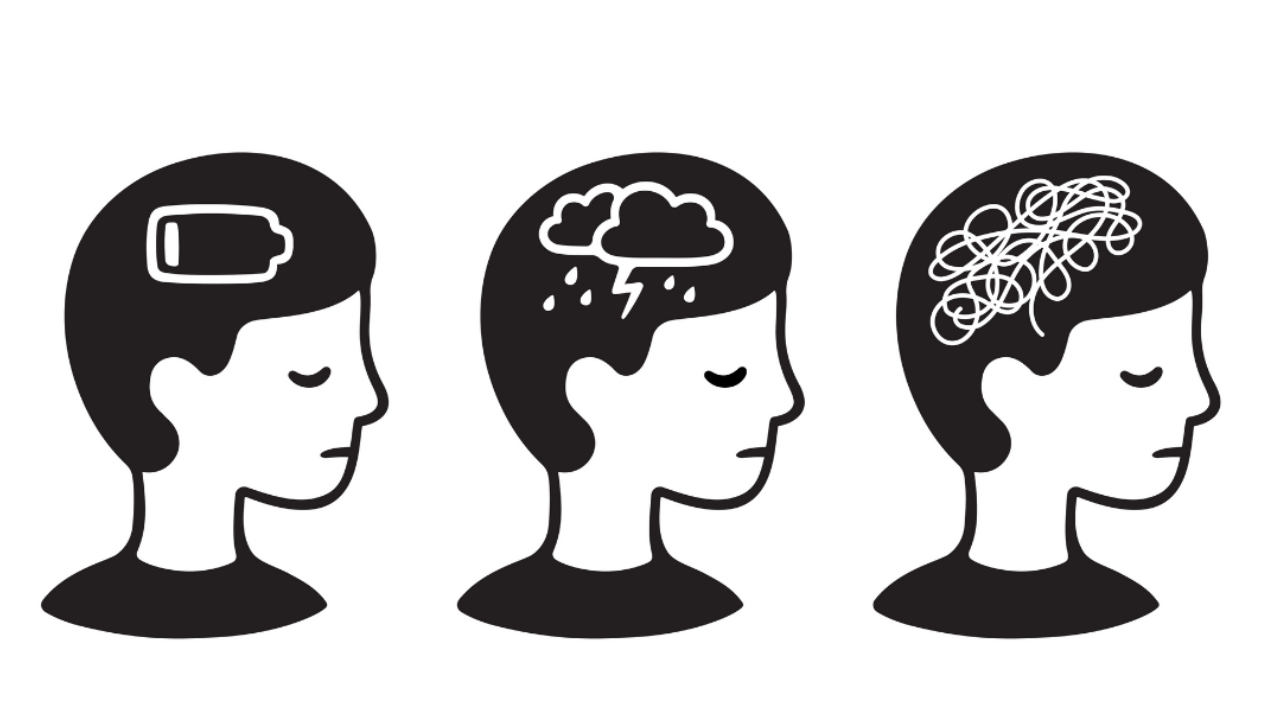Functional Medicine Nutriton Blog
Articles designed to empower parents and caregivers with the knowledge they need to address neurocognitive challenges, picky eating, food sensitivities, and more.
Through functional medicine principles, we focus on root causes—like nutrient deficiencies and gut-brain imbalances—to foster better focus, behavior, sleep, and overall well-being
Improve Autism Repetitive Behaviors: Navigating Routines and Transitions for Kids
Continue Reading...
Children with autism spectrum disorder (ASD) often face challenges with repetitive behaviors and resistance to change, impacting daily routines and transitions. This article addresses these issues and...
Keep updated on Functional Medicine Nutrition Special Offers, Services, and Information Shared by Denise Voight
Never miss an update!
You're safe with me. I'll never spam you or sell your contact info.

